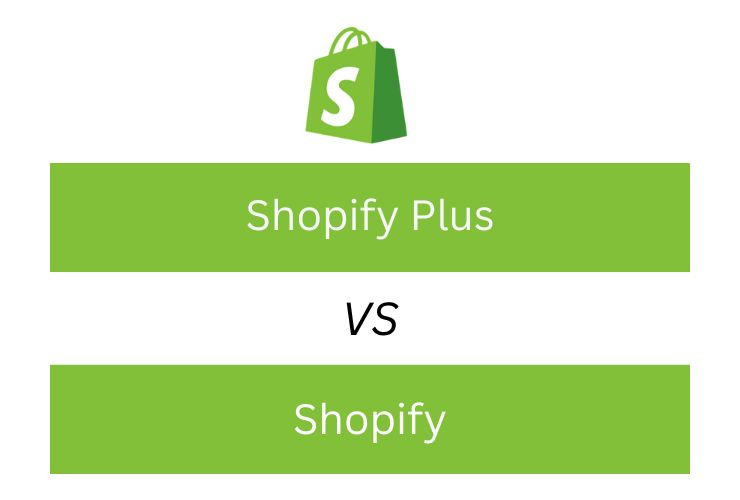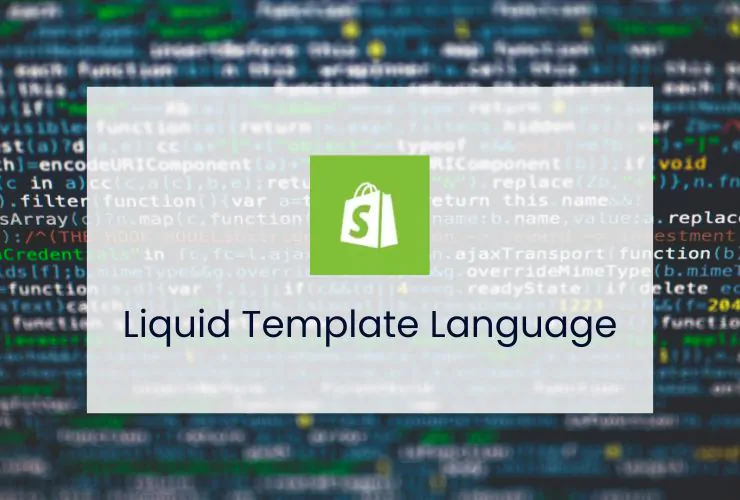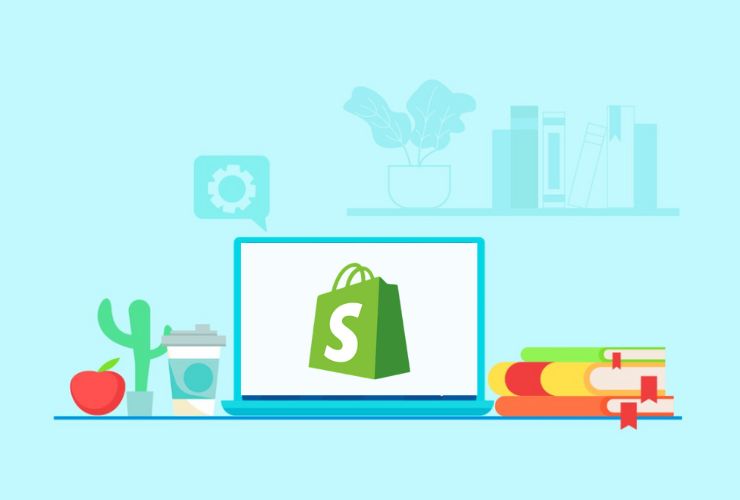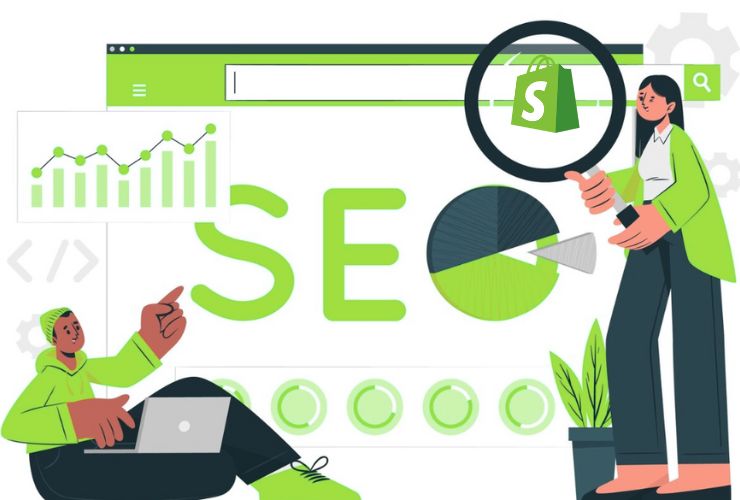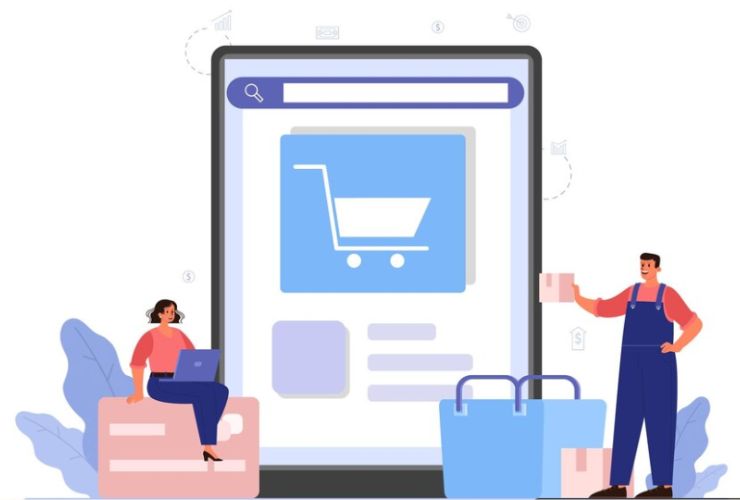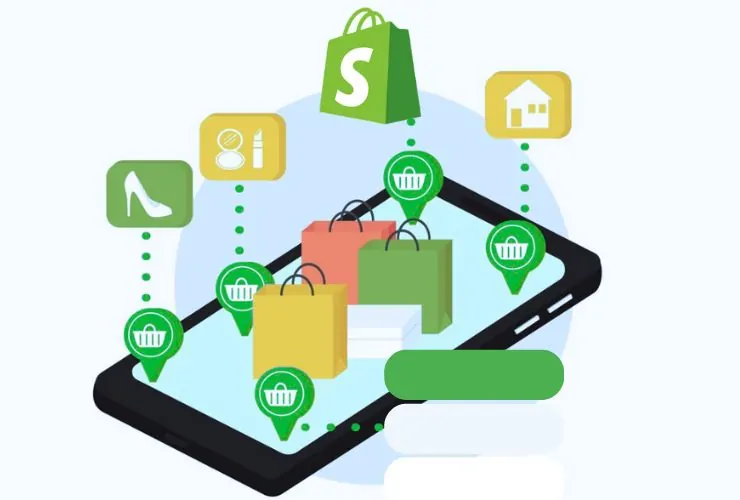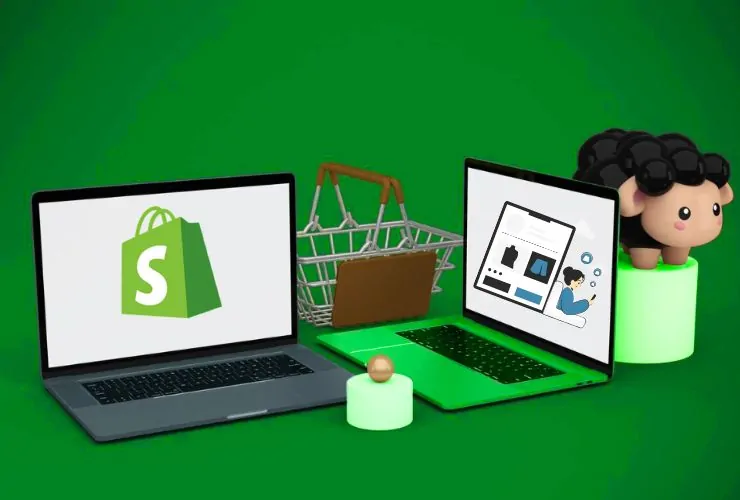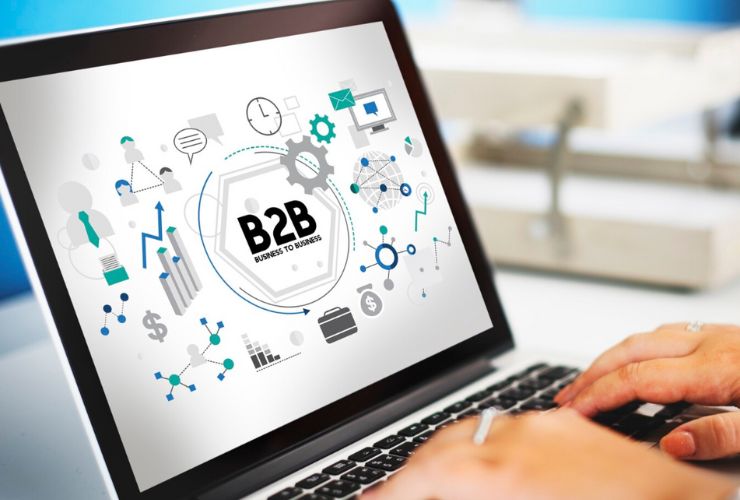When selecting the best eCommerce platform for your company, Shopify and Shopify Plus are typically two of the most secure and scalable. Both provide a robust set of tools to build, operate, and scale an online store, each targeting different types of businesses.
Either if you are a new small enterprise or an old company looking for more features and customer care, the difference between Shopify and Shopify Plus will make you decide on a better decision. Let’s go deep into the differences.
1. Target Market and Business Size
Shopify is targeted towards small and medium-sized businesses that require a cheap, user-friendly platform to design and operate their online store. Shopify comes equipped with all the core features needed to operate an eCommerce website, including product catalogs, order management, shipping, and basic reporting functionality.
On the other hand, Shopify Plus is designed for high-growth businesses and businesses that require increased customization, scalability, and support. It’s ideal for businesses that process lots of transactions, have multiple stores, or grow internationally.
2. Pricing and Plans
Shopify has three main plans:
- Basic – $39/month
- Shopify – $105/month
- Advanced – $399/month
The plans differ based on features like reporting, staff accounts, and shipping discounts.
Shopify Plus, however, operates on an à la carte pricing model starting around $2,000/month. The price thereafter depends on size, complexity, and monthly revenue of the business. While considerably more expensive, it also contains a huge lineup of more complex features and services not found in lower-level plans.
3. Customization and Flexibility
With Shopify, you have a lot of themes and apps that you can use to customize your store. Although you do get to use HTML and CSS for customization, some of the more advanced features will require you to use third-party apps or custom code.
Shopify Plus gives businesses more control over customization. You have direct access to the Liquid template language, private APIs, custom checkout scripts, and the ability to create customized buyer journeys. With this level of control, enterprise brands can customize every aspect of their storefront and backend to meet intricate business needs.
4. Checkout Experience
The other major distinction lies with the checkout process. Shopify’s basic users must contend with a single checkout process where there are only a few levels of customization offered.
Shopify Plus users can fully customize the checkout to suit their identity, add conditional logic, offer tiered price, or make special offers. Such checkout options can enhance sales conversion and provide a seamless experience to the shopping process for customers.
5. Scalability and Performance
As your business expands, so does the demand for a site that can handle your business. Shopify does have some room to expand, but massive traffic spikes or high sales promotion campaigns can be problematic.
Shopify Plus accommodates high volumes of transactions. S-Plus is able to handle thousands of minutes per minute and, hence, has gotten extremely sought after when there are brands participating in flash sales, introducing new items, or performing global campaigns. Shopify Plus consumers also get to enjoy superior infrastructure along with performance tuning during the times of heightened demand.
6. Account Management and Support
Shopify offers you 24/7 support through email, chat, or forums. Although the support is good, it is not specifically designed to suit your particular business plan.
Shopify Plus exceeds the call with support. Each merchant has a Launch Engineer or Merchant Success Manager, who offers one-to-one support for migration, integrations, performance optimization, and strategic growth. Direct support ensures that enterprise customers maximize the platform.
7. Wholesale Channel and B2B Features
Shopify is mostly suited for B2C selling and does not have wholesale features or bulk selling support integrated into it.
Shopify Plus has a powerful wholesale channel that allows you to create password-enabled B2B storefronts. You can create special business pricing, bulk rate discounts, and automated invoicing for business customers—all in one Shopify admin portal.
8. Automation Tools
Automation will help your business hours and hours of effort, and even eliminate you of repeated process mistakes. Certain third-party applications can be accessed by Shopify customers to automate monotonous jobs.
Shopify Plus has robust automation capabilities such as Shopify Flow, where you can create custom workflows for jobs such as tagging customers, inventory, or segmenting orders. It also includes Launchpad to schedule product launches, campaigns, or theme updates—ideal for companies with to-die-for promotional calendars.
Conclusion: Which One Should You Choose?
If you are a new or mid-size company and desire a well-established, cost-effective platform on which to host your shop, Shopify has everything you need to open and grow.
Shopify Plus is a better fit for large or fast-growing businesses. It offers advanced customization options and enterprise-grade infrastructure to support complex operations. It offers hands-on support and powerful tools tailored for scaling operations. Shopify Plus is a future-ready platform built to handle high growth without limitations.
Ultimately, it is a Shopify vs. Shopify Plus choice that hinges on your business needs, budget, and development vision. Investing in the appropriate platform today can take you to success in the long run in the highly competitive eCommerce space.

